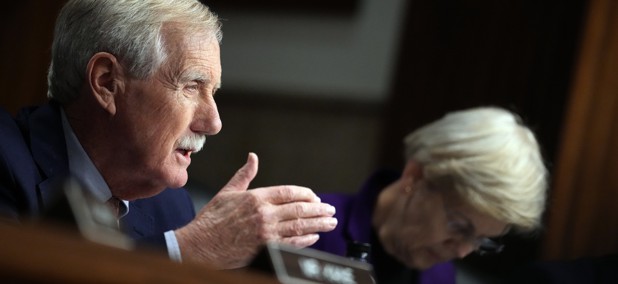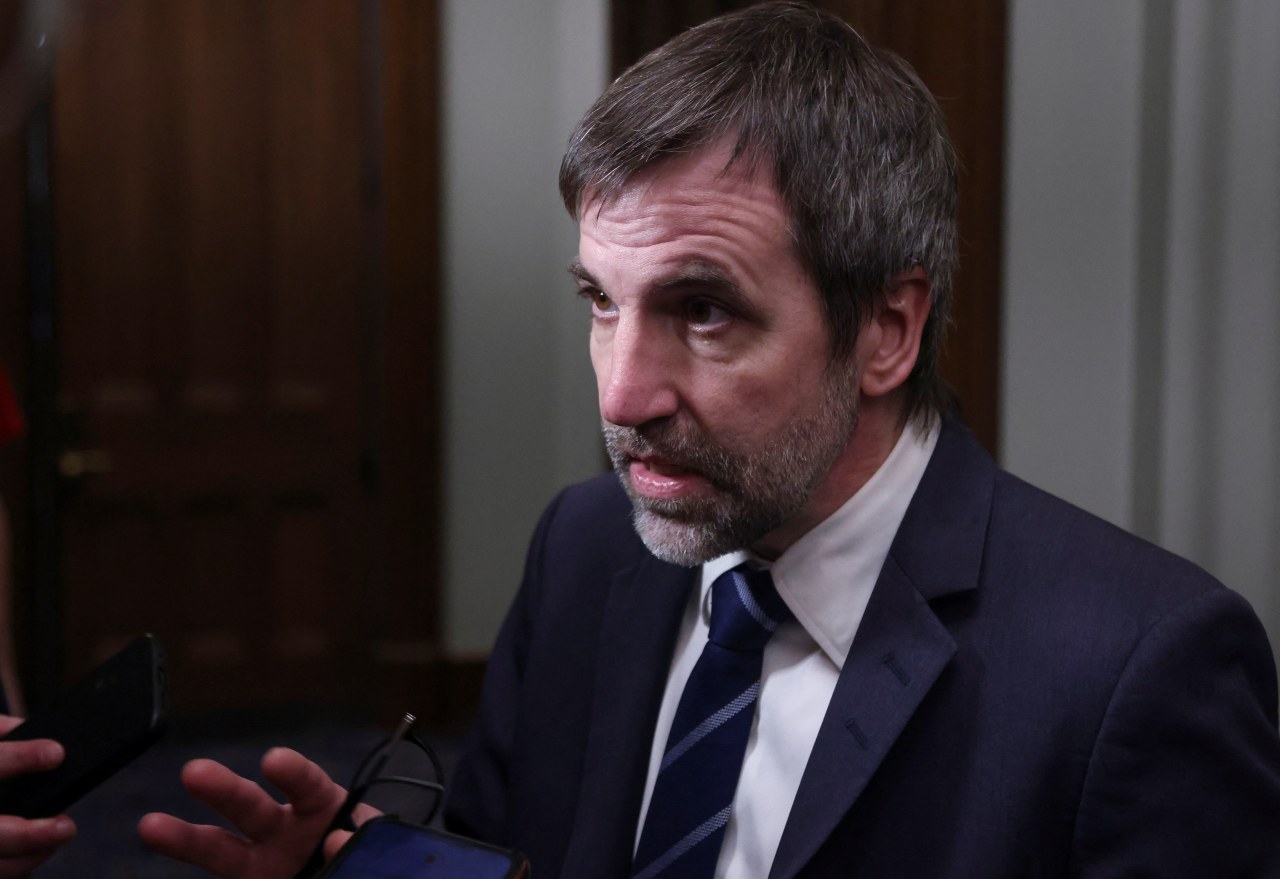Concerns have emerged from two U.S. senators regarding a recent policy introduced by the Pentagon that may restrict communication between defense personnel and lawmakers. The memo, signed by Defense Secretary Pete Hegseth on October 15, 2023, mandates that all interactions with Congress must be approved through the Pentagon’s central legislative affairs office.
During a Senate Armed Services Committee hearing on October 31, Sen. Angus King, an Independent from Maine and ranking member of the committee’s strategic forces panel, voiced his apprehension about the implications of this policy. He described the memo as a means to “throttle” communication between Pentagon officials and Congress. “I’m concerned about the October 15 memo from the secretary, which basically throttles communication between people working at the Pentagon and Congress,” King stated. He emphasized the importance of direct communication, noting that meetings with lawmakers to discuss policy could be hindered under this new directive.
Sen. Roger Wicker, a Republican from Mississippi and the committee chair, agreed with King’s assessment. He acknowledged suggestions that the memo may have been misconstrued and indicated a need for clarification. Wicker remarked, “It has been suggested that that memo was misconstrued, and it may need to be clarified.”
The memo, first reported by Breaking Defense, highlights the Pentagon’s concerns that “unauthorized engagements” with lawmakers could disrupt essential department priorities and escalate tensions between the Pentagon and Capitol Hill. This policy change has drawn criticism from both Republican and Democratic lawmakers, who argue that it could impede the Pentagon’s legislative efforts.
Sen. Thom Tillis, a Republican from North Carolina, expressed frustration over the memo’s constraints. “You’ve got to trust your chain of command. This is too large of an organization to have that kind of a tight clamp on it,” he said in an interview with NBC News. Tillis emphasized the need for direct answers from the Department of Defense, suggesting that the policy reflects a detrimental lack of trust in the organization.
The discussion surrounding this Pentagon policy underscores the ongoing tensions between military and legislative branches in the United States. As Congress continues to grapple with the implications of the October 15 memo, the potential for constrained dialogue raises questions about transparency and accountability within the Department of Defense.
Lawmakers are now calling for a thorough review and possible revision of the policy to ensure that effective communication channels remain available. The outcome of this debate may ultimately shape how defense policy is communicated and implemented at both the Pentagon and within Congress.







